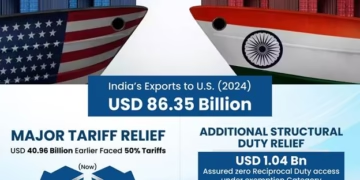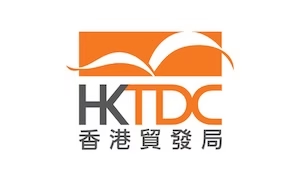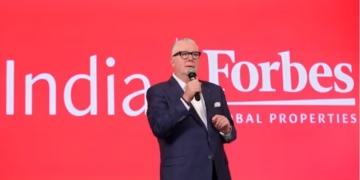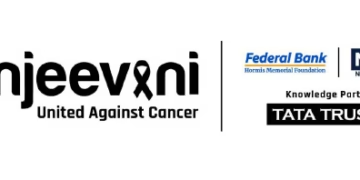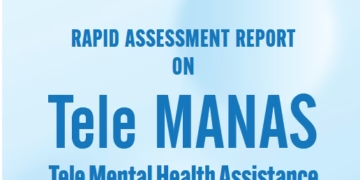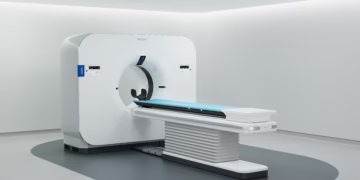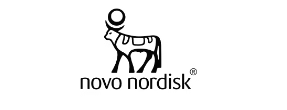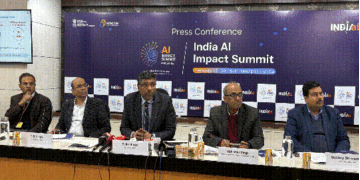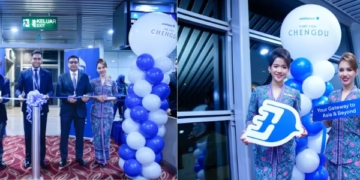Saturday, July 20, 2024 Dementia India Alliance (DIA), a national NGO dedicated to promoting the cause of dementia organized a National Conclave in Chennai on 20th July. The conclave focused on establishing uniform minimum standards and regulations for dementia care facilities, aligning with the Mental Health Care Act (MHCA) 2017.
Currently, 88 lakh people are living with dementia in the country, with projections indicating a rise to 1.7 crore by 2036. While many elderly with dementia receive care at home, the progression of the condition often necessitates their admission into long-term care facilities. The MHCA provides a regulatory framework for mental health facilities, yet its application in dementia care poses several challenges, including capacity assessments, supported admissions, re-admissions, and the licensing of care facilities. The discussions centered on the challenges of implementing the MHCA in long-term dementia care settings and proposed potential amendments to enhance the Act’s effectiveness.
Key stakeholders from across the country, including experts in dementia and elder care, clinicians, professionals from NIMHANS, legal professionals, family carers, and policymakers, participated in the conclave. About 70 delegates who participated in the conclave contributed their insights and recommendations, focusing on minimum standards for assessment, management, documentation, staffing, training, and infrastructure for dementia care homes.
The chief guest of the event, Dr. Malaippan, Director of the Institute of Mental Health (IMH), emphasized the need for categorizing care facilities depending upon the severity of mental illness and proposing minimum standards that consider the cultural context and resource constraints of our country.
Dr. Karthik Narayan R, MD, Athulya Senior Care, stated, “It is crucial that we work towards creating a dementia-inclusive society where persons with dementia are respected, understood, and supported. Through compassion and awareness, we can ensure that those afflicted by dementia live with dignity and enjoy a quality of life that recognizes their unique needs.”
The conclave’s discussions culminated in a detailed White Paper titled “Dementia Care Standards: Challenges,Regulations, and Solutions.” This document encapsulates the key recommendations and insights from the conclave,including proposed amendments to the MHCA. The White Paper will be formally released and submitted to the Government of India at the International Dementia Care Conference, scheduled for November 29-30, 2024, in Bangalore.
Mr. Shyam Viswanathan, Secretary of Dementia India Alliance said “While elders with dementia should ideally be cared for at home, the progression of the condition often necessitates their long-term transfer into facilities that provide better care from trained professionals. The Mental Health Care Act 2017 provides a regulatory framework for mental health facilities. But regulations unique to dementia-care facilities need further elaboration – to overcome on-the-ground implementation challenges. Standards and regulations for dementia-care should protect the person with dementia and offer respite to the family caregiver, while ensuring the feasibility and viability of sustainable
implementation by the Service Provider”


